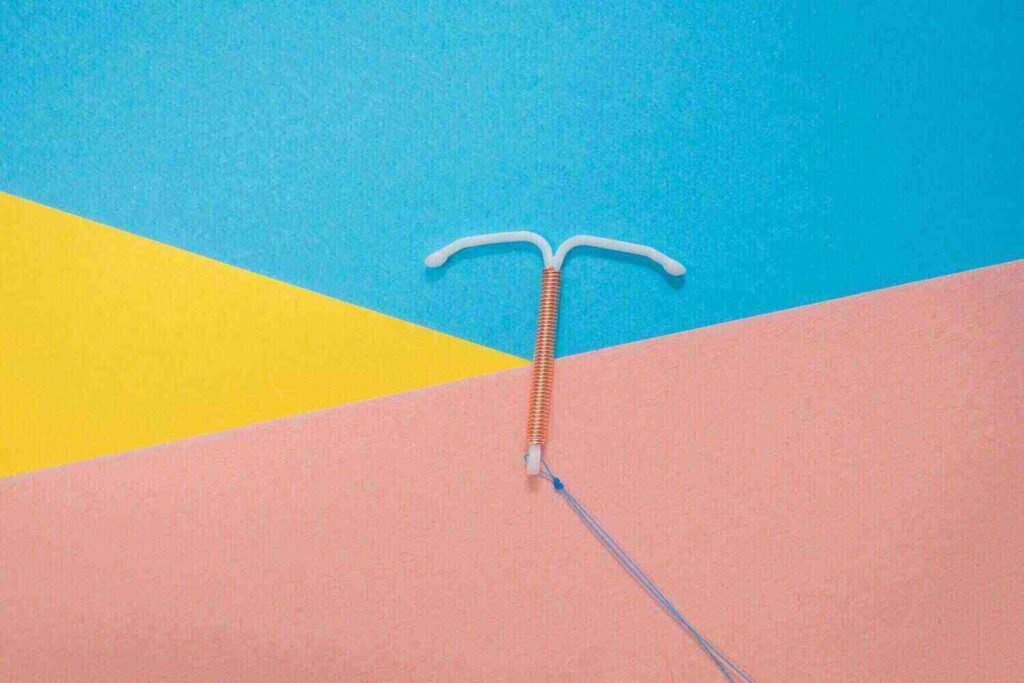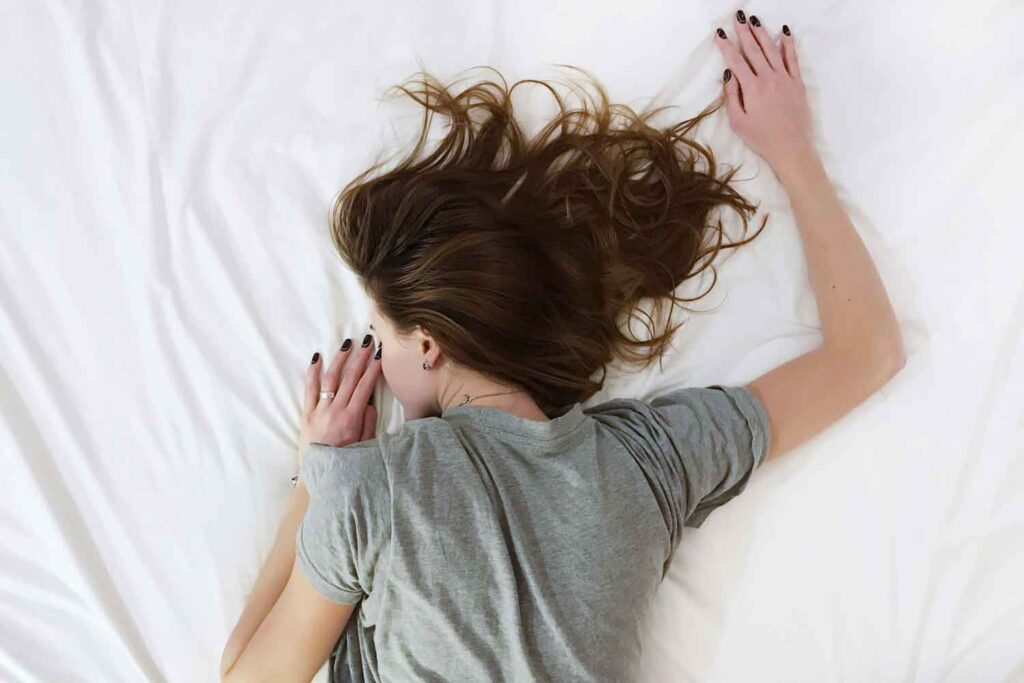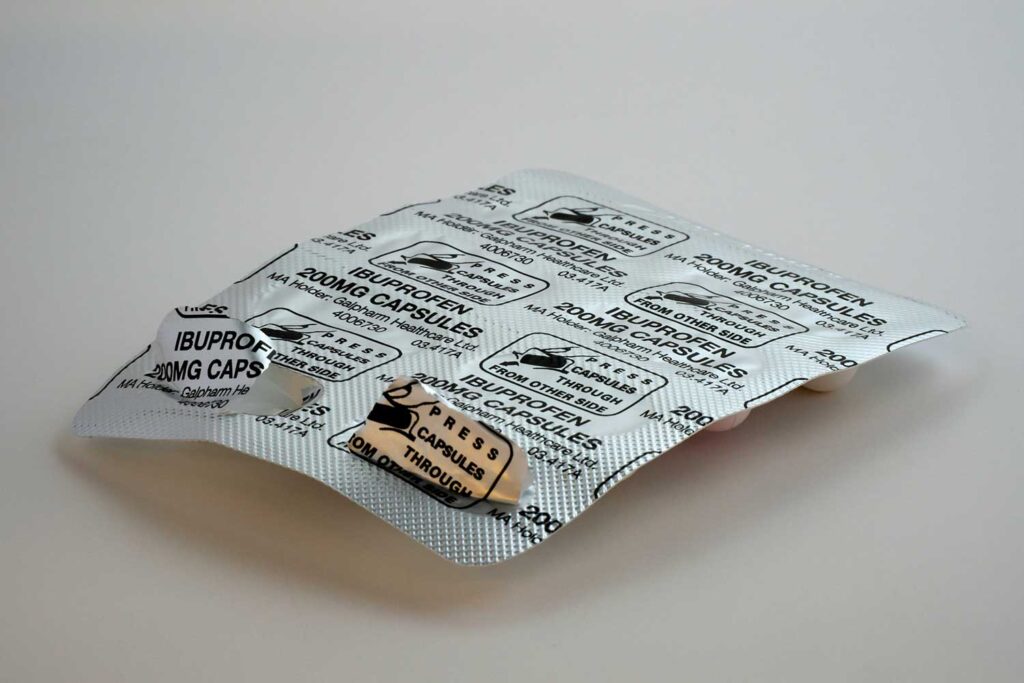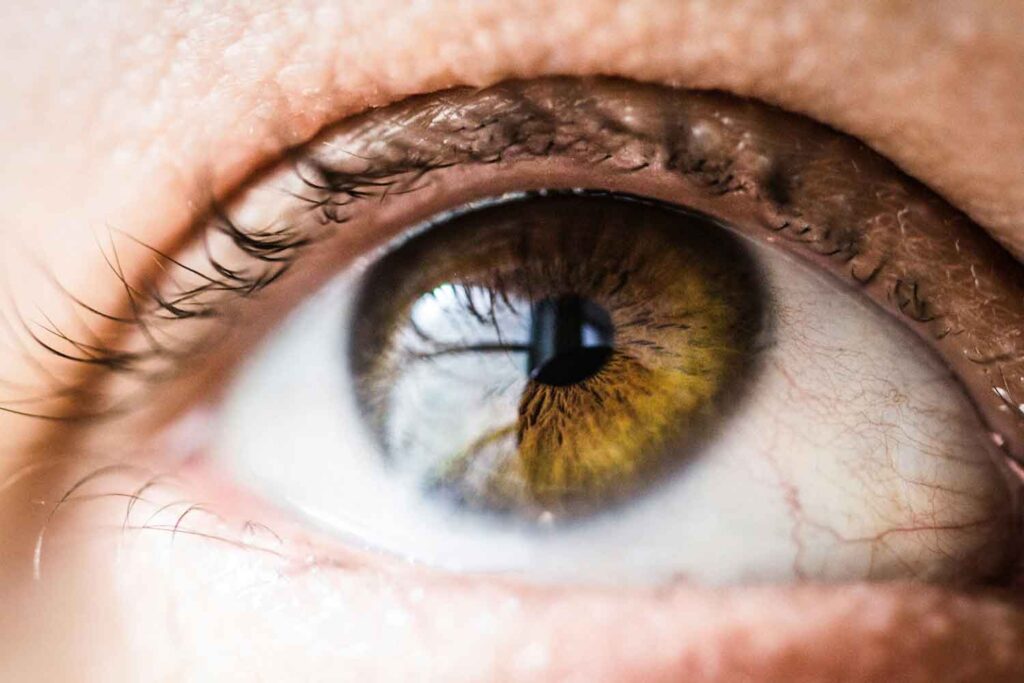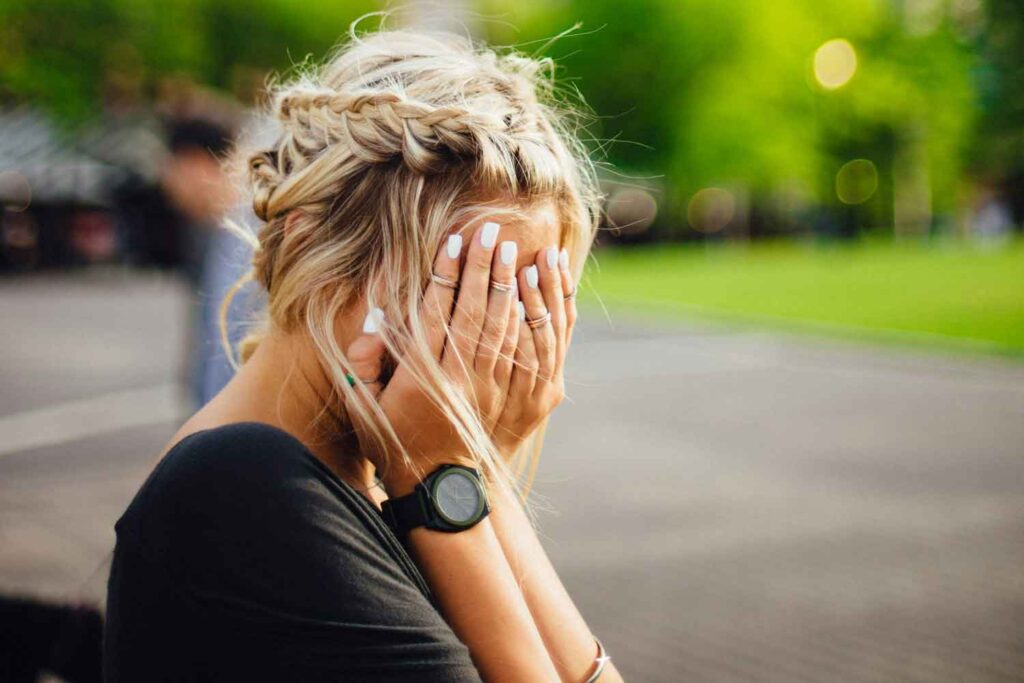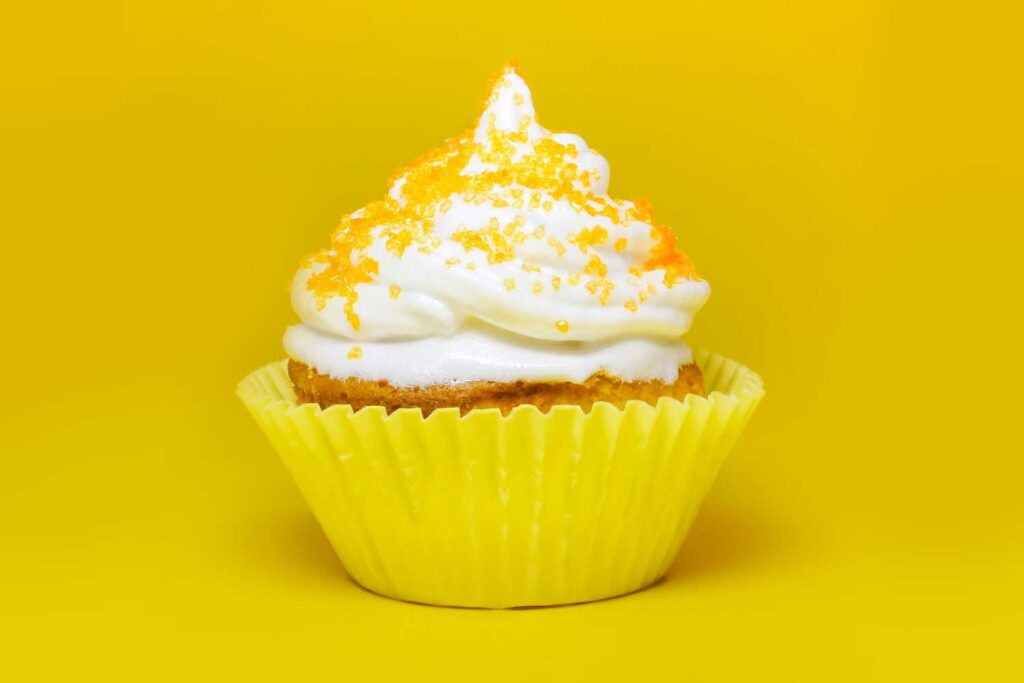Why Do You Get The Munchies?
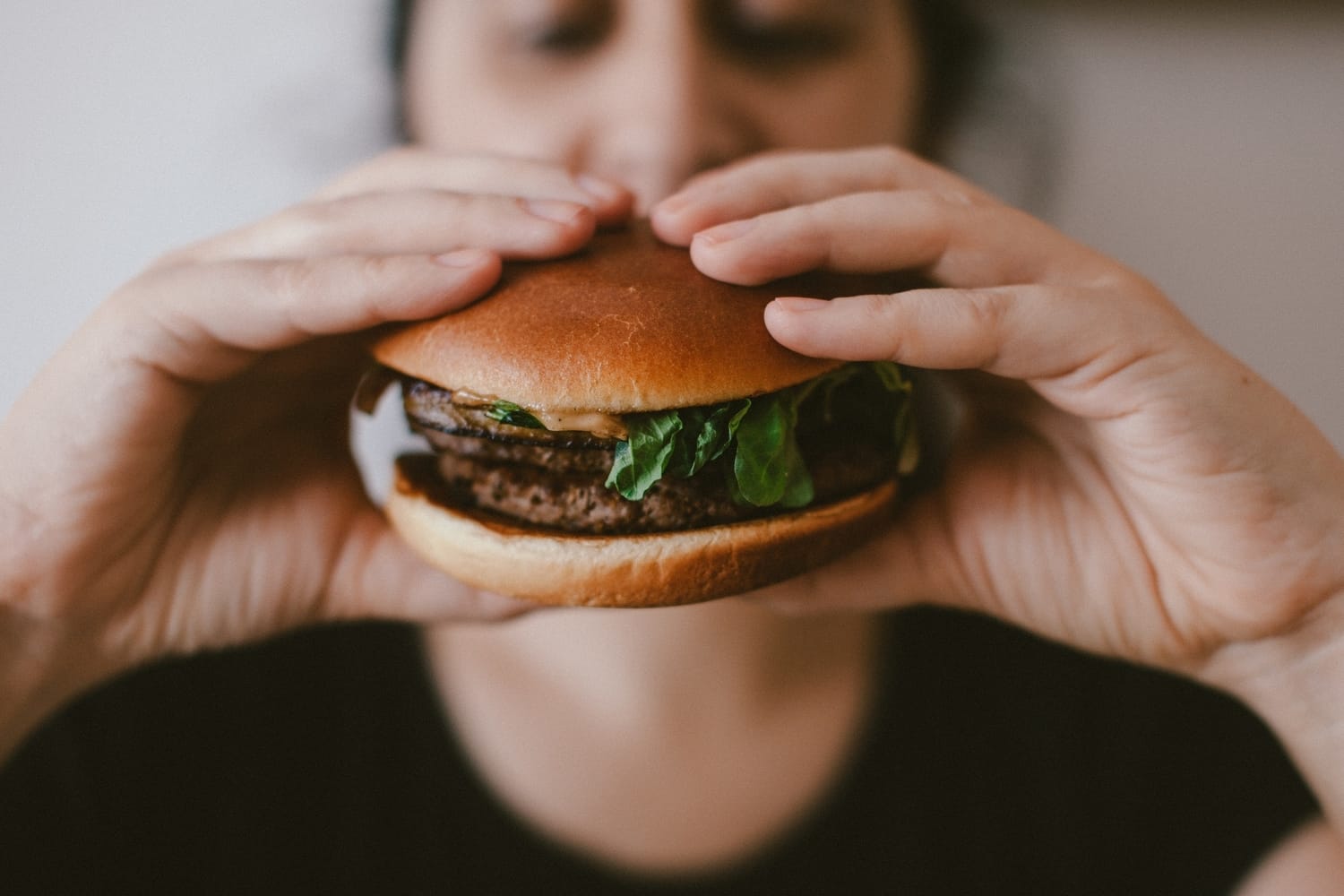
Have you ever smoked weed and gotten insanely hungry? If you’ve answered yes then you’ve experienced the munchies. The munchies refers to an increased appetite after using cannabis. Don’t worry, we know you definitely did not mean to eat a week’s worth of food after lighting up.
Featured Photo: Unsplash
According to a study, participants who smoked marijuana, “significantly increased total daily caloric intake by 40%”. The caloric intake was due to the types of snacks being eaten. Participants ate sweet and savory items. The studies stated, “the principal increase within the category of snack foods was in the intake of sweet solid items, e.g., candy bars, compared to sweet fluid, e.g., soda, or savory solid items, e.g., potato chips.” What was interesting about this study is that it stated that more weight was gained by the participants than was expected based on caloric intake alone. It’s interesting because there has always been a running joke that stoners don’t gain weight and it has often been believed that consuming weed can cause you to lose weight.
According to a study quoted in Healthline, states that have legalized marijuana have seen an uptick in the sale of junk food which is defined as “chips, cookies, and ice cream”. Whether you opt for savory or sweet foods after smoking, have you ever wondered why you go the munchies in the first place?
Why Do You Get Munchies?
It’s not clearly understood why people get the munchies but scientists are inching closer to the answer. One of the theories put forward is that THC, tetrahydrocannabinol, the compound responsible for the high, may be the reason why appetites flare-up. According to Smithsonian Mag, THC binds to receptors in the endocannabinoid system in our bodies. This system controls a plethora of things, including appetite. It seems appetite is increased by affecting the olfactory cells and increasing odor detection.
A study, referenced in Smithsonian Mag, done on mice found that “THC fits into receptors in the brain’s olfactory bulb, significantly increasing the animals’ ability to smell food and leading them to eat more of it.” THC makes the food smell and taste better.
The study speaks about the fact that THC binds to the cannabinoid type-1 (CB1) receptor. This receptor is found abundantly on axon terminals of centrifugal cortical glutamatergic neurons that project to inhibitory granule cells of the main olfactory bulb (MOB). In other words, THC is able to bind to these cells and cause the sense of smell to be heightened thus leading to an increase in appetite and food intake.
In this study, mice were given oils to smell. After a while, they got used to the scent and stopped showing interest in it, this is called olfactory habituation. However, the mice that were given THC kept sniffing and ate more than the other mice. The article suggests that this means the THC caused an enhanced sensitivity to the scent and of course, an increase in appetite.
The scientist went even further and according to the article, engineered some mice to “lack a type of cannabinoid receptor in their olfactory bulbs”, gave them THC, and subjected them to the same experiment. The mice got used to the scent which means they didn’t get enhanced sensitivity or an increase in appetite. This further points to the role THC plays with the olfactory lobe.
Other Reasons for the Munchies
Refinery 29 article, referenced a study and said “cannabinoids also manipulate the messages sent by ghrelin, a hunger-related compound hanging around your hypothalamus.”. This means that cannabinoids lead to you feeling hungry because they help to send out that message.
Another study said that cannabinoids cause changes in the hypothalamus of the mice. In people, the hypothalamus, as Refinery29 puts it, “is responsible for a bunch of our internal hunger chemistry.”
Using marijuana also activates our pleasure reward system which may be a key to why we have munchies. Do you realize most people don’t opt for healthy options but prefer junk food when high? Lift.co mentioned that the junk food we enjoy during the munchies releases endorphins that also make the food delicious.
Refinery29 added that weed heightens our enjoyment of something we already enjoy.
Refinery 29 concluded their article to say that weed “increases our appetite, it makes already-good food even more appetizing, and it makes food taste better when we get it”
What Does a Study on Mice Have to Do With Me?
We know a lot of scientific studies use mice and it may be confusing as to the reason why they’re used. According to Smithsonian Mag, mice were used in this cause because of the cognitive similarities they share with humans.
Can the Munchies Be a Good Thing?
If the munchies are causing you unpleasant side effects or is something you don’t enjoy it may be hard to imagine that for some people it can actually be a good thing. According to Elise McDonough, editor of Bong Appetite: Mastering the Art of Cooking with Weed and The Official High Times Cannabis Cookbook, who was quoted in a Refinery29 article, said, “for people who have medical need to increase their appetite, it’s just a really powerful medicine.”
For example, cancer patients going through chemo may have a suppressed appetite and so using weed and getting the munchies can help them get the appetite they need.
How to Not Get Munchies When Smoking Weed
If you hate having the munchies or are watching your waistline, it’s understandable that you may be looking for ways to curb it. Lift.co has a few suggestions.
Opt for a Strain with More CBD
According to Dr. Hervé Damas, founder of Miami-based medical cannabis clinic, products with a higher concentration of CBD would have less ability to cause the munchies. That’s because CBD often dulls the effects of THC. Damas suggests Indica strains with a CBD ratio of 1:1 or higher.
Brush Your Teeth or Chew Gum
Have you ever brushed your teeth and had orange juice? It’s unpleasant, right? That’s the idea here. The article says, “mint flavour tends to stunt their appetite and foods just don’t taste as good after you brush your teeth.” Chewing gum should also have the same effect.
Walk it Off
Exercise is great but it also means you’re not eating. You’re distracting yourself and working up a sweat. That’s a win-win.
Eat Before You Smoke Weed
According to the Lift.co article, consuming food before you smoke should help with the munchies.
Drink A Lot of Fluids
This should help with cotton mouth and help you feel the food. Opt for drinks like water and tea.
If you must snack, Damas suggests having a healthy snack such as “peanuts in place of potato chips for those who crave salt”. It was also suggested that munching on fruits to satisfy your sweet tooth and salads with dressing is a healthier alternative.
It’s also a great idea not to stock your house with too much junk, that way when you have the munchies you’ll eat the healthy options you have on hand.
Conclusion
Cannabis research is exciting and ongoing and as a result, has suggested several reasons why we get the munchies. It seems that THC binds to our CB1 receptor and causes our sense of smell to heighten causing us to want food. Using cannabis may also make food smell and taste better encouraging us to eat more. There is also evidence suggesting that using marijuana can manipulate the messages sent by ghrelin causing us to feel hungry. Regardless of the reason, you don’t have to be controlled by your munchies. You can distract yourself or opt for a healthier snack among other great suggestions we’ve come across. Even though munchies may be annoying for some, for others the fact that weed causes it may be life-saving. Cancer patients and people with other illnesses rely on THC meddling with their appetites so they can eat.


